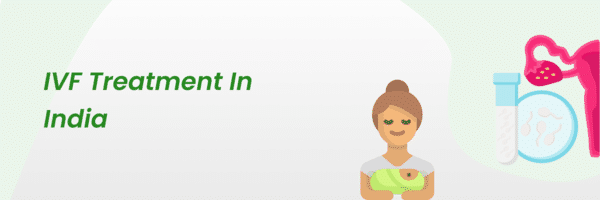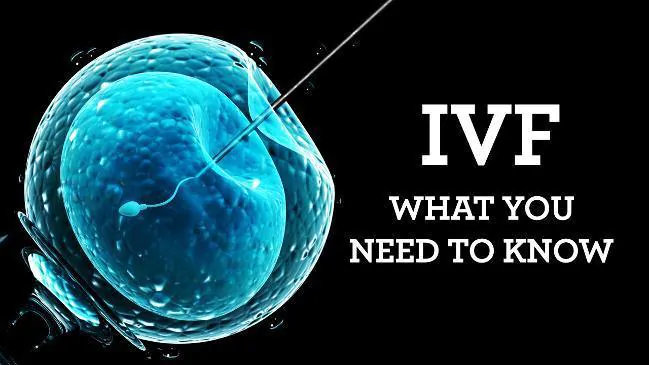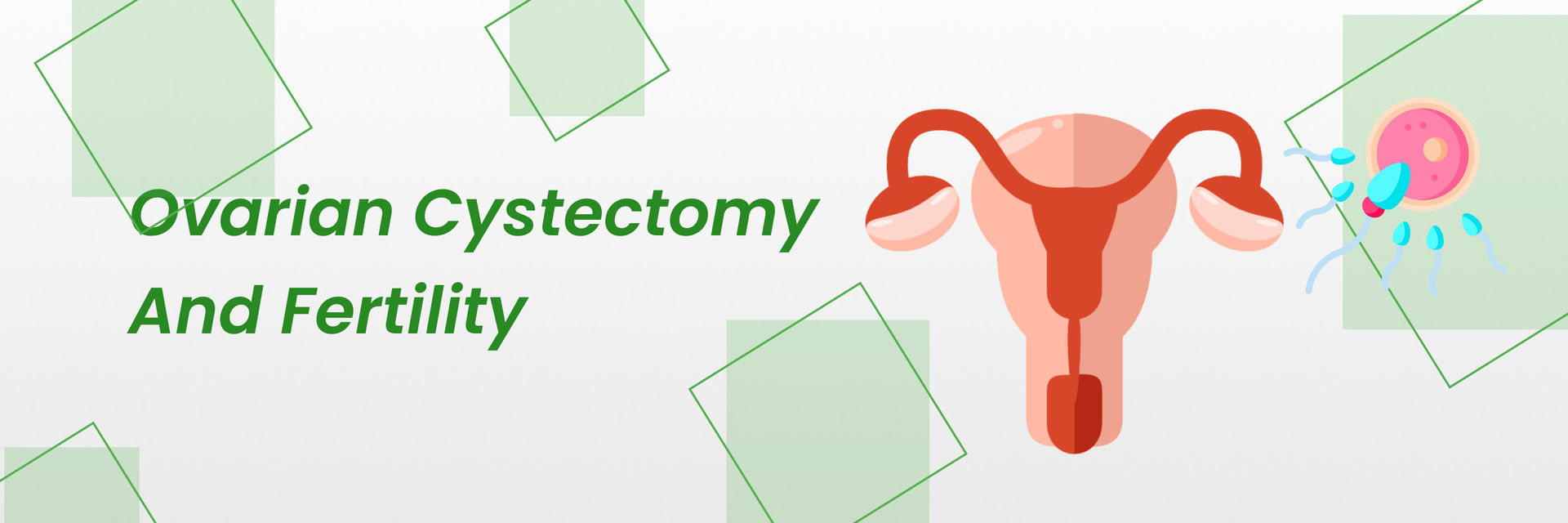Overview
It is estimated that every 1 in every 4 pregnancies results in a miscarriage. Studies show that about 15% to 25% of all clinically recognized pregnancies result in pregnancy loss. IVF is often recommended for couples struggling with infertility issues. It can also be a viable option for those who have experienced multiple miscarriages.
IVF is a medical procedure where an egg and sperm are combined outside the body in a laboratory dish. Once fertilized, the embryo is then implanted into the uterus to establish a pregnancy.

The global number of IVF procedures performed has increased steadily over the past few decades. In 2020, there were an estimated 2.5 million IVF cycles performed worldwide.
Infertility in India is estimated to be at about 15-20%, implying that about 1 in 6 couples in India have difficulty conceiving. In 2020, there were an estimated 200,000 IVF procedures performed in India.
Even in countries like the United States, IVF procedures have increased, showing a growth rate of 13.6% from 2020 to 2023. About 368,502 procedures have already been performed in 2023. In Europe, the number of IVF procedures performed is estimated to be around 600,000. The highest number of IVF cycles are performed in Spain, followed by Germany, the UK, and France, showing a growth rate of 5% from 2020 to 2023.
Worried about how soon after a miscarriage can you consider IVF?
Don't worry, we have covered that too. Read ahead to learn more.
Ready to take the next step towards IVF success? Consult us today.
How soon after a miscarriage can I consider IVF?
After experiencing a miscarriage, it's generally advisable to wait for at least one menstrual cycle to three months before considering IVF. This may reduce the chance of further miscarriage. It also gives your body the time to recover and your hormones to return to their normal levels. But depending on your individual circumstances, you could be asked to wait longer.
- The ideal timing for beginning IVF treatment after a miscarriage is determined by the cause of the miscarriage itself. If the miscarriage was caused by a chromosomal abnormality, it is recommended to wait longer before commencing IVF.
- There could be problems like hormonal imbalances or genetic problems. Make sure to address these issues prior to commencing IVF treatment.
- Emotional and physical recovery: It may take weeks or months, and it is best to discuss it with your doctor.
- Lifestyle factors that positively impact fertility
- Specific recommendations from your doctor
- Your age is a major factor in your treatment success. If you are over 35 years old, you may want to start IVF sooner.
Curious about the tests needed before starting IVF after a miscarriage? Discover their importance and ensure a personalized path to parenthood.
Are there any tests or evaluations needed before starting IVF after miscarriage?
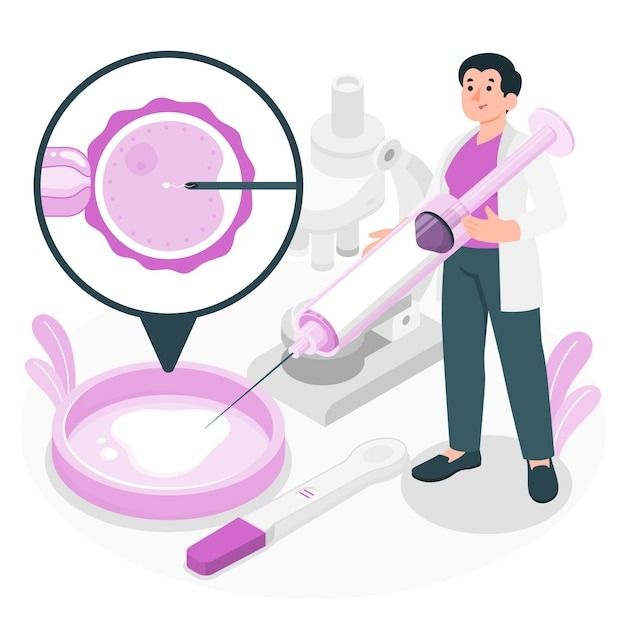
Test | Description |
Medical History and physical examination | For assessing the fertility history and overall health |
Hormone levels | To evaluate your ovarian reserve and hormonal imbalances. |
Transvaginal ultrasound | It examines the uterus and ovaries. It can identify uterine abnormalities, ovarian cysts, or structural issues. |
Hysterosalpingogram (HSG) | It is an important pre-IVF test to assess the uterus and fallopian tubes. It can identify blockages or abnormalities. |
Genetic Testing | Identifies any chromosomal abnormalities that could be contributing to the miscarriages. |
Endometrial Biopsy | This can assess the lining of the uterus for any abnormalities or issues affecting implantation. |
Infectious Disease Screening | Done for both partners to test for HIV, hepatitis, and sexually transmitted infections. |
Semen Analysis | In the case of male infertility |
Blood tests | For clotting disorders |
Immunological Tests | Checks or autoimmune disorders |
Pelvic MRI or CT scan | To check for issues with reproductive organs |
Mock embryo transfer | For catheter placement |
Wondering how previous miscarriages impact IVF success rates? Let's delve into the details.
Is the success rate of IVF affected by a previous miscarriage?

The IVF success after miscarriage is not impacted by a previous miscarriage. The success rates of IVF are
- On average about 80-95% if you are below 35.
- about 40%-70% between the age of 37–42 years.
- 20% above that
The success rates of IVF can be influenced by:
- Treatment of underlying medical causes
- Additional testing and treatments for recurrent pregnancy loss
- Selection of healthy embryos
- Psychological factors and mental health can indirectly influence IVF success.
- Managing stress and seeking emotional support
If you have had a miscarriage before, it is important to discuss it with your fertility doctor and develop a personalized treatment plan.
A few activities to increase your chances of success:
- Get regular exercise
- Healthy diet.
- Prenatal vitamins.
- Manage stress.
- Avoid smoking and drinking alcohol
Concerned about the possibility of another miscarriage during IVF? Let's explore this important question.
Your Path to Parenthood Continues – Get in Touch Today.
Does IVF increase your risk of another miscarriage?

IVF does not increase your risk of miscarriages. The most common causes of early pregnancy loss are:
- Implantation dysfunction, where the uterus is not receptive to the embryo. These can be caused by autoimmune disorders, thyroid deficiencies, problems with the endometrial lining or anatomical irregularity of the uterus.
- Genetic abnormality of the embryo. The chromosomal irregularities (aneuploidy) of the embryo may be the cause of up to 80% of early miscarriages.
- Ovarian hyperstimulation syndrome (OHSS): The ovaries are stimulated to produce multiple eggs during the IVF procedure, thus increasing the risk of miscarriage.
- Multiple pregnancies: These are more likely to end up in miscarriages as compared to single pregnancy.
- Age: The miscarriage rate for women under 35 who have healthy embryos is around 10-15%. This rate increases to 20-30% for women between the ages of 35-39 and 30-50% for women over the age of 40.
- Underlying causes of infertility: Genetic issues in both partners
- Quality of eggs and sperm.
Curious if IVF offers hope for recurrent miscarriages due to genetic issues? Let's uncover the answers.
Can IVF help with recurrent miscarriages caused by genetic abnormalities?

Yes, IVF can help with recurrent miscarriages caused by genetic abnormalities.
IVF with preimplantation genetic testing (PGT) can help with recurrent miscarriages due to genetic abnormalities. PGT involves the genetic screening of embryos before being transferred to the uterus. It consists of:
- Embryo Selection: It identifies the embryos with chromosomal abnormalities or genetic mutations and rejects them.
- Minimizing Genetic Abnormalities: Recurrent miscarriages which are caused by genetic issues in the embryos are avoided.
- Increasing pregnancy success: Genetically normal embryos lead to higher chances for pregnancy.
- This gives you a customized treatment with higher success rates.
Exploring additional treatments for recurrent miscarriages in the context of IVF? Let's explore your options.
Explore IVF Options for a Successful Pregnancy – Contact Us.
Are there any other treatments available for individuals with recurrent miscarriages undergoing IVF?
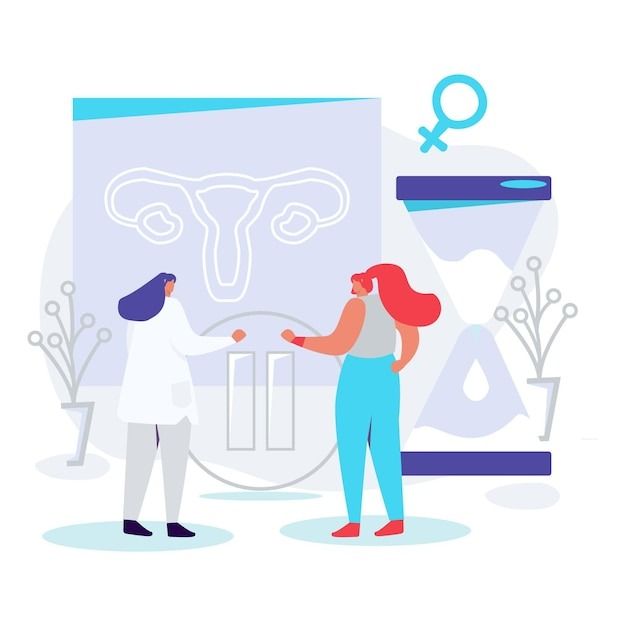
Other treatments available for individuals with recurrent miscarriages undergoing IVF include:
- Preimplantation genetic testing (PGT) and Chromosomal microarray testing (CMA): These tests are done on the embryos before transferring them to the uterus. It identifies the embryos with abnormal chromosomes. This reduces the risk of miscarriage.
- Thrombophilia screening: Thrombophilia increases the risk of blood clot formation which causes recurrent miscarriages.
- Immunotherapy: This treatment helps to suppress the immune system. Recurrent miscarriages may be caused in women with an overactive immune system, which attacks the embryo, causing the miscarriage.
- Hormone Therapy: Supplementation with hormones like progesterone helps in supporting pregnancy.
- Endometrial scratching: This is done on the lining of the uterus, to improve the implantation of the embryo.
- Endometrial Receptivity testing: In this test, the optimal time for embryo transfer during an IVF cycle is determined depending on when the receptivity of the endometrium is highest.
- Genetic tests: Genetic tests and genetic counseling are useful to avoid recurrent miscarriages.
- Dietary and lifestyle modifications: Maintaining a healthy lifestyle and avoiding stress can positively impact fertility outcomes. Discuss with your doctor about all the available options, so that you can choose your best treatment option to continue with your IVF journey.
Discover Fertility Solutions Post-Miscarriage – Request Information.
References:

